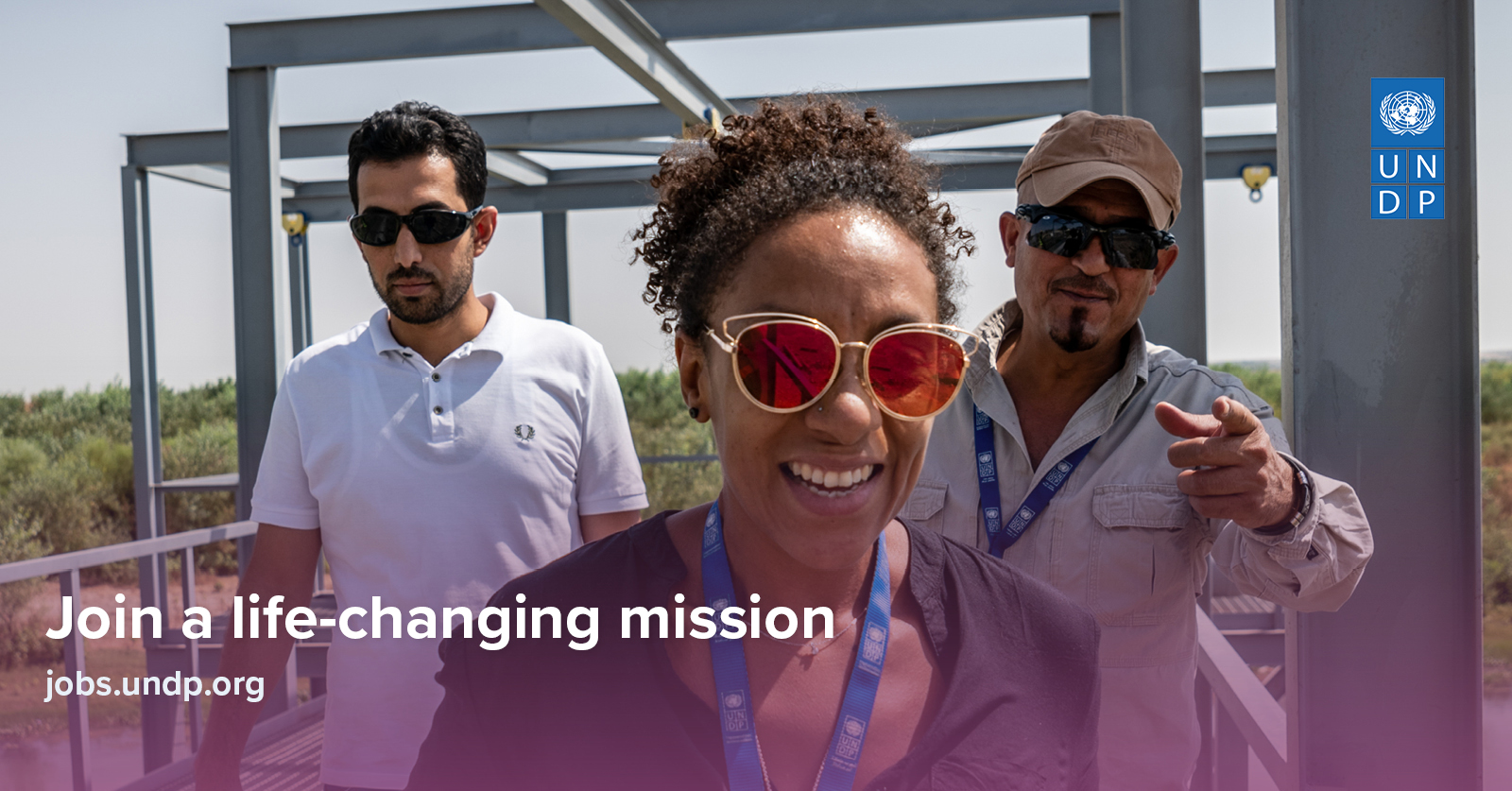
APPLICATION DISCLAIMER!!! ATTENTION!!!
All interested candidates SHOULD APPLY through new UNDP Supplier Portal (Quantum), following registration via Registration link
Registration Instructions: Guide for UNDP Suppliers using Quantum portal
Negotiation ID: UNDP-UKR-00133
Please DO NOT use “APPLY” button functional in this announcement, all applications received outside Quantum system WILL NOT BE considered.
UNDP Procurement Notices: UNDP | Procurement Notices
Technical support on issues with registration: quantum.reg.ua@undp.org, please indicate Negotiation ID in subject.
- Background Information on the Project:
Since the invasion of Ukraine by the Russian Federation on February 24th, 2022, the total number of verified civilian casualties were 18,955, including 9,199 killed, according to the UN Human Rights Monitoring Mission in Ukraine (HRMMU).[1] The scope and scale of damage to critical infrastructure caused by the conflict has also been devastating, including residential housing, hospitals, schools, kindergartens, and other civilian targets damaged or destroyed. The war has caused mass forced displacement of over 13 million people with currently 5.4 million Internally Displaced Persons (IDPs) and 8.1 million refugees[2].
The number of people with disabilities (PwDs) caused by the war – both combatants and civilians – has led to increased special demands on medical and psycho-social services, which are expected to continue to grow substantially over time. A sub-population of persons with disabilities are those who have an impairment due to explosive ordnance (EO), and a proportion of these people are veterans and often have access to a disability pension and free health services due to their services, many are civilians, injured because of post-conflict EO.
Rehabilitation of PwDs encompasses a holistic set of interventions to address impairments—activity limitations, and participation restrictions, as well as personal and environmental factors that have an impact on functioning and health. Early Rehabilitation is recognized as being an integral part of a patient’s recovery in conflicts and disasters. Starting in acute care, early rehabilitation can help prevent complications, speed recovery, and help ensure continuity of care.[3]
Building on previous and ongoing lessons and efforts from UN agencies and others, UNDP has launched “Support rehabilitation of People With Disabilities (PWD) with injuries caused by the war” project, responding to the immediate needs in terms of service provision and economic integration of PwDs caused by the war, by enhancing capacities of rehabilitation facilities across Ukraine and partnering with Civil Society for increased livelihood opportunities, while underpinning the Governments long-term rehabilitation agenda for PWD’s and continued work for a Barrier-free Environment in Ukraine. The project is being implemented in Kyiv oblast, Vinnytsya, Lviv and Dnipro.
The project is aligned with UNDP’s Resilience Building and Recovery Programme for Ukraine (RBP), which is the organization’s results-based umbrella response to the war and its impact, launched in April 2022. The Project comprises three outputs:
Output 1. Government of Ukraine enabled to design new policies and regulations to better protect, respect and fulfil the rights of people with disabilities, with the focus on rehabilitation
Output 2. Rehabilitation institutions have enhanced technical expertise, capacities and equipment to ensure necessary service provision
Output 3. PWD’s socio-economic integration enhanced through livelihood support
PwDs represent a higher percent of people without employment comparing with persons without disabilities, which show the interrelation between disability and poverty and the need to intervene urgently for increased support to PWDs’ employability, to ensure their sustainable access to livelihoods. Many of these pre-existing challenges for PwDs’ economic integration, which among others include inaccessible professional education and working infrastructure and processes, skills deficit, recruitment-related discrimination, which constrains entrepreneurial opportunities and limits access to business support services and resources, which have been significantly aggravated by the war. People with disability as an affect of the war, need support with job placement, job place accommodation (taking into account their impairments) and social support for adaptation on the workplace.
More accessible easy-to-consume online educational content on the relevant business topics would benefit all parties engaged in PWDs’ employment support and general MSME recovery and further development in war-affected areas. It would make sense for the online educational content to be shared on the existing business information online platform, as the Internet is now the primary means by which people get information, communicate and learn particularly in the situation of the security restriction related to the war and partial or complete lockdown caused by the COVID-19 pandemic.
[1]Ukraine Data Explorer (OHCHR) https://data.humdata.org/visualization/ukraine-humanitarian-operations/
[2] Ukraine Data Explorer (UNOCHA) https://data.humdata.org/visualization/ukraine-humanitarian-operations/
[3] https://www.who.int/activities/strengthening-rehabilitation-in-emergencies/early-rehabilitation-in-conflict-and-disasters





